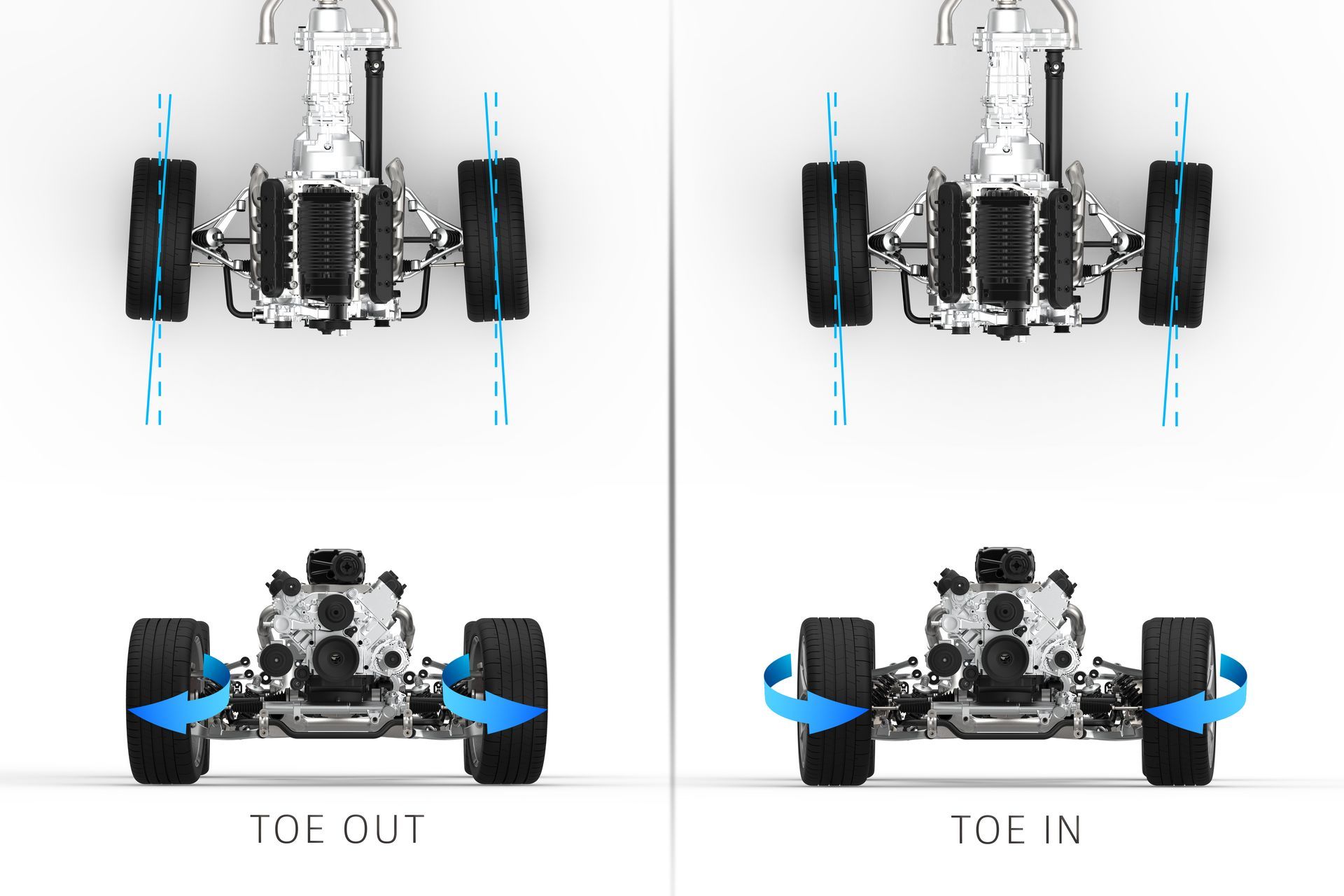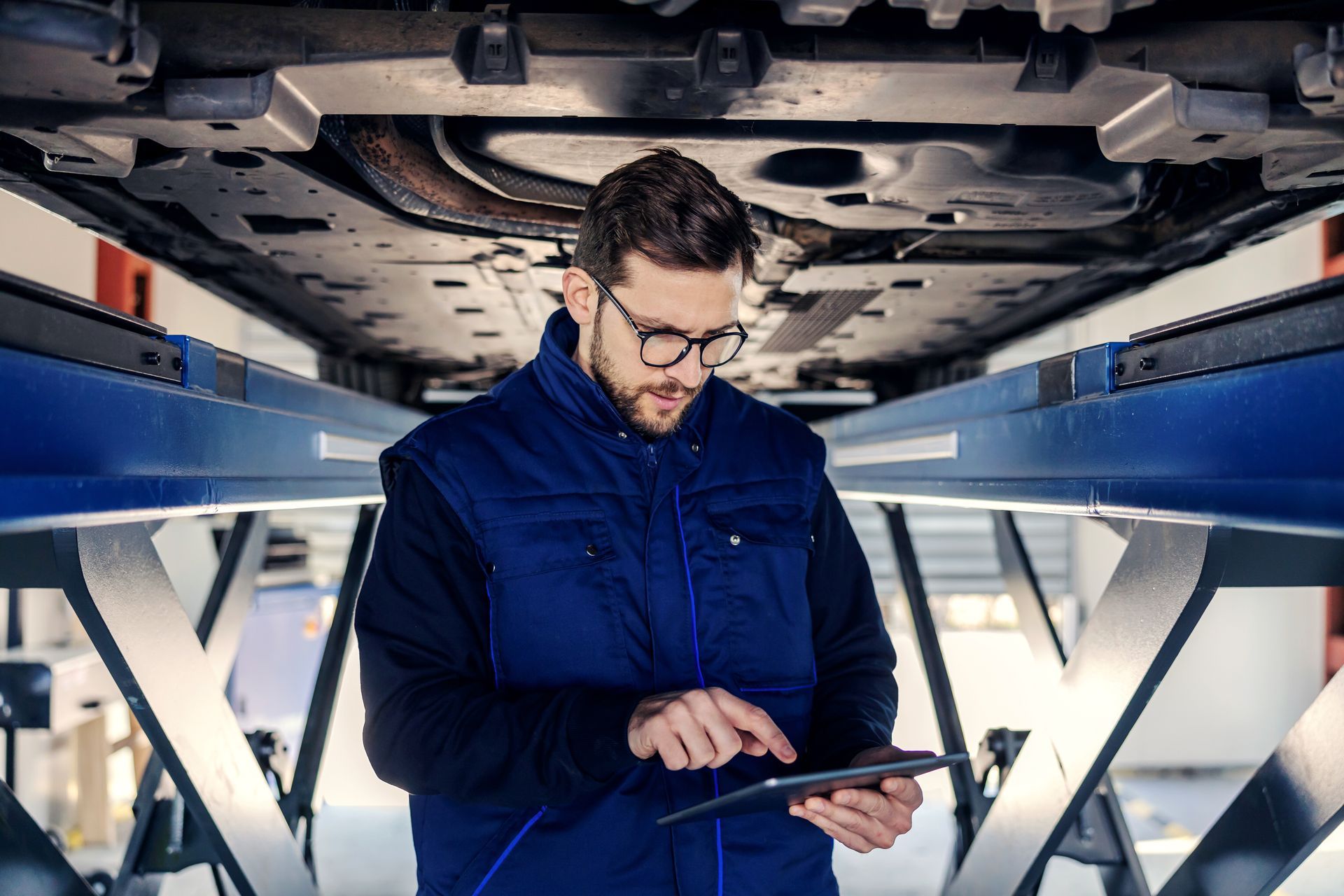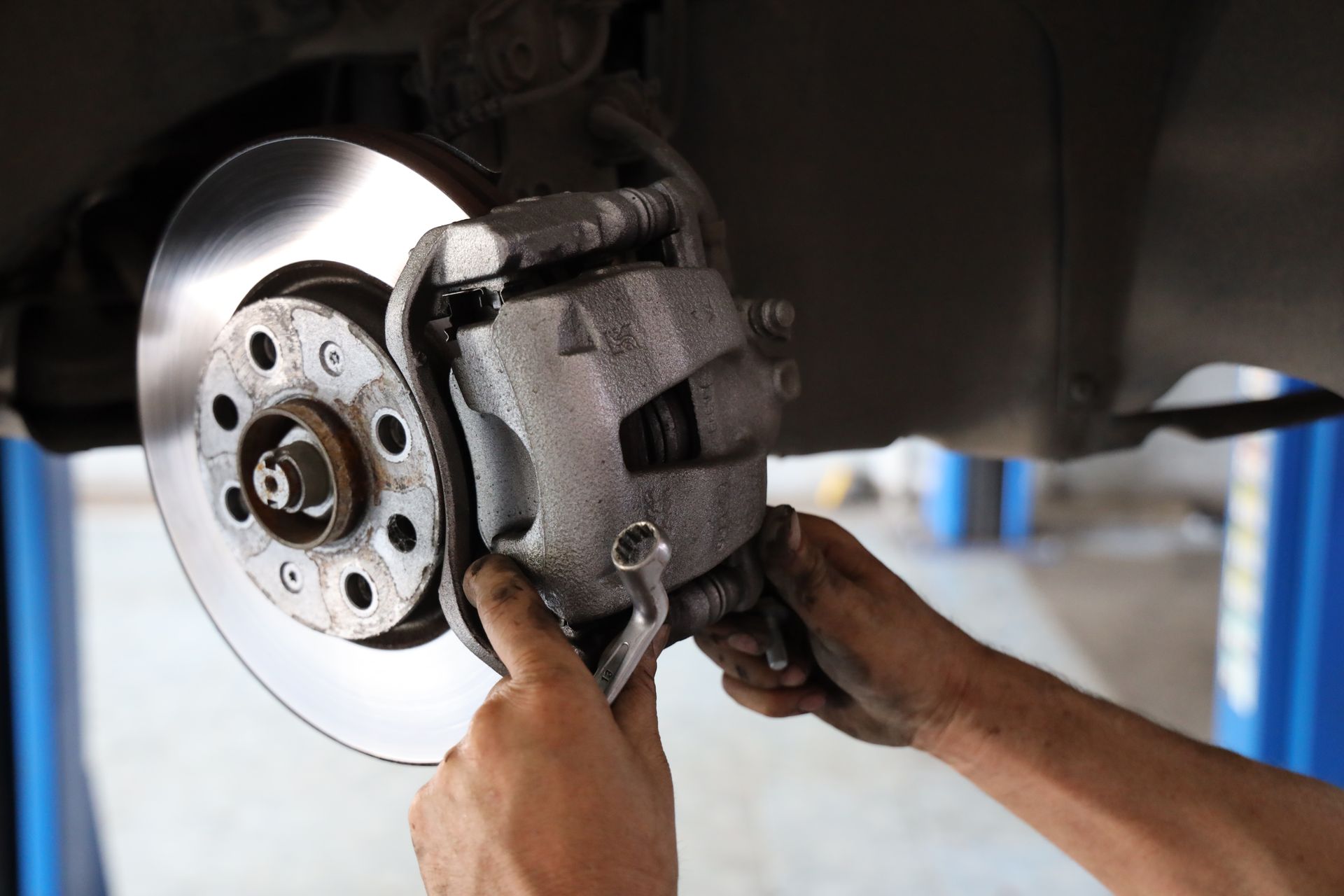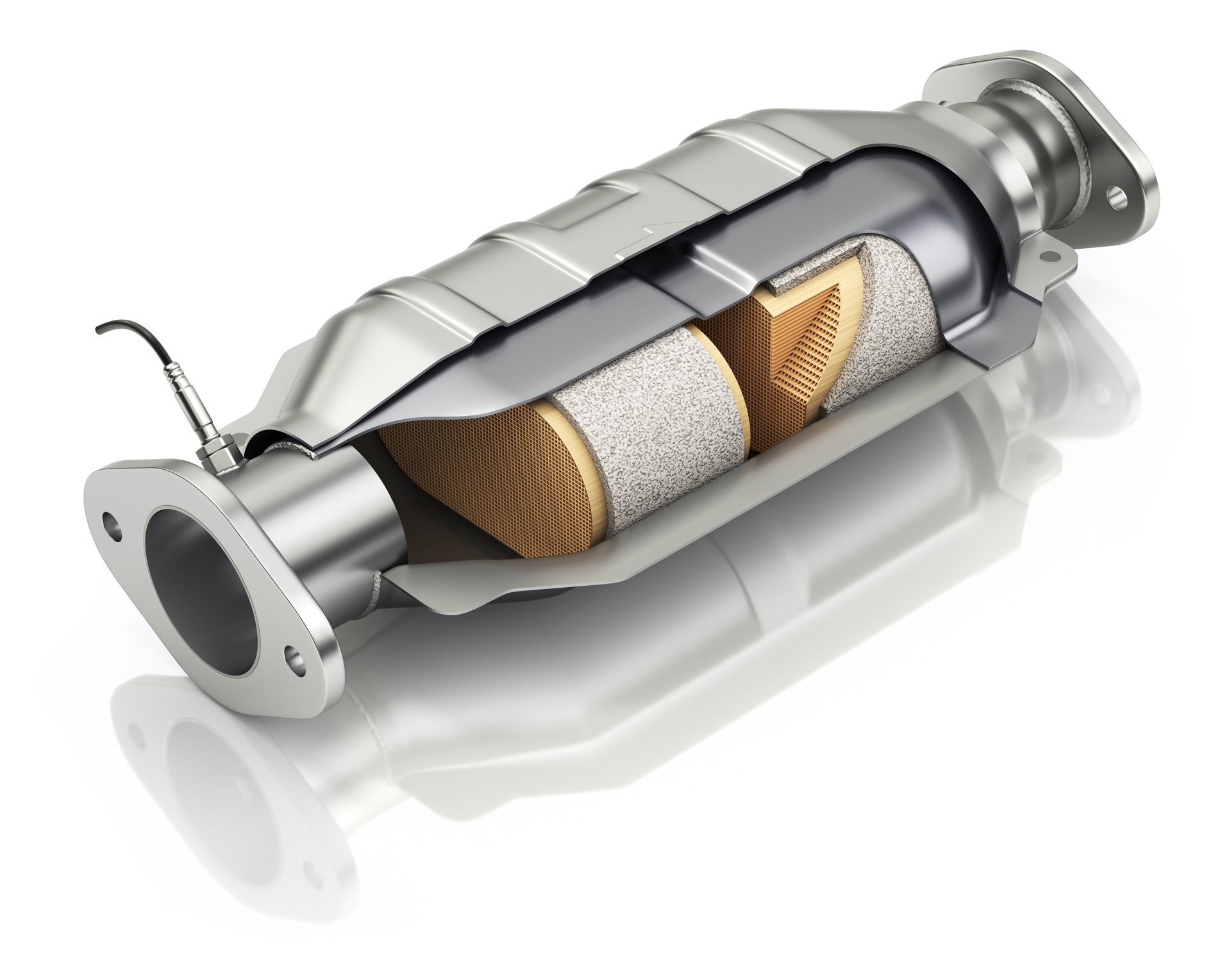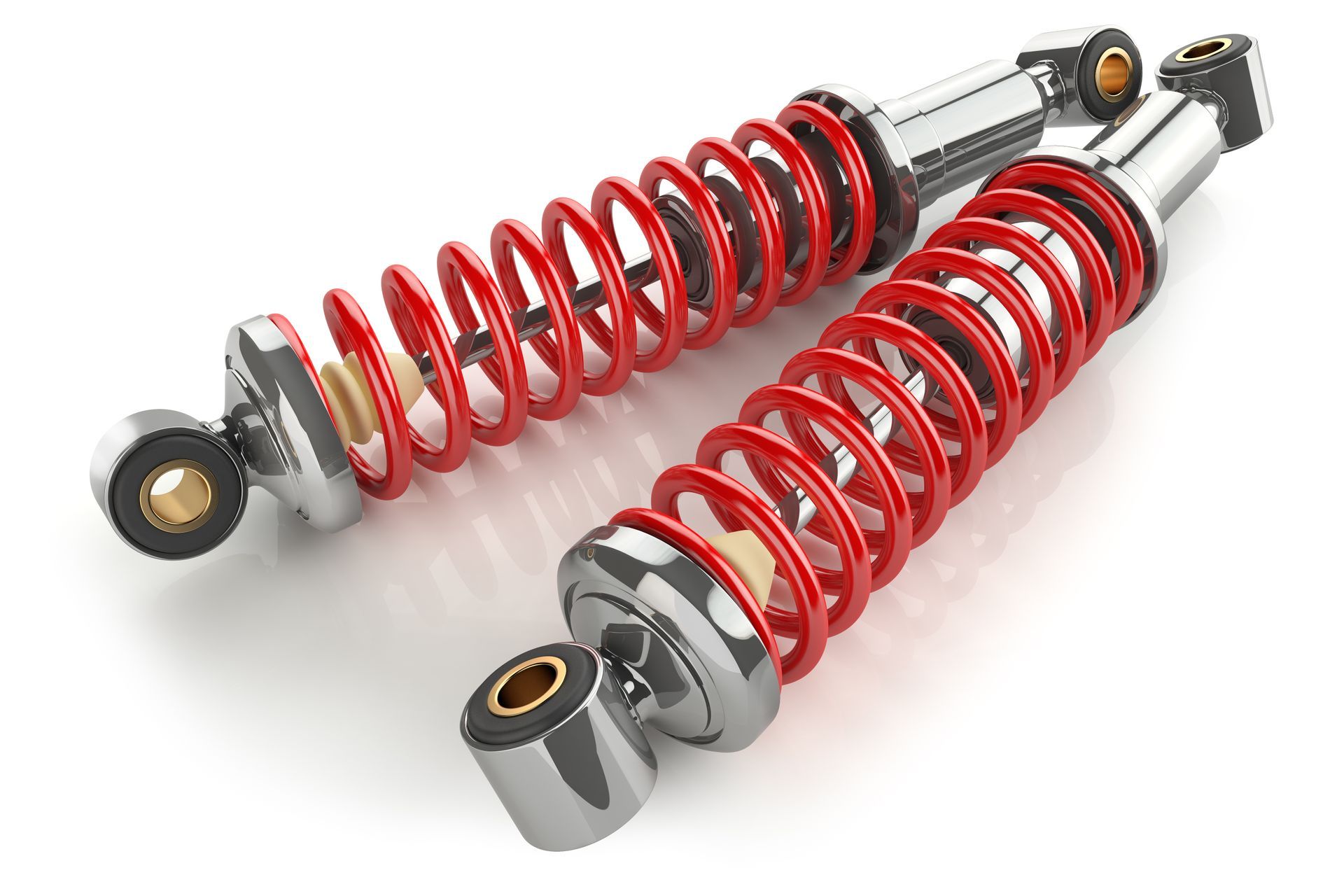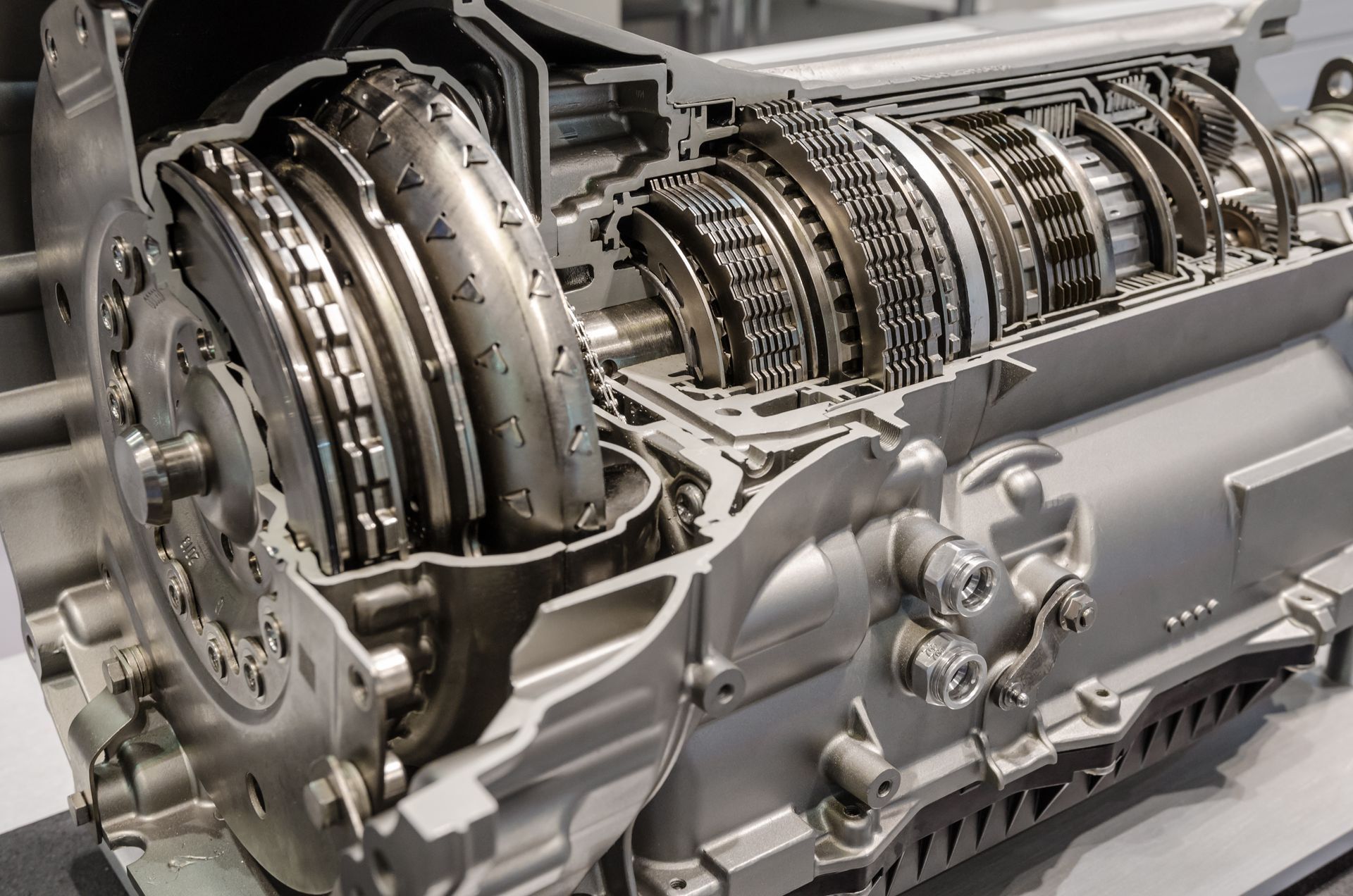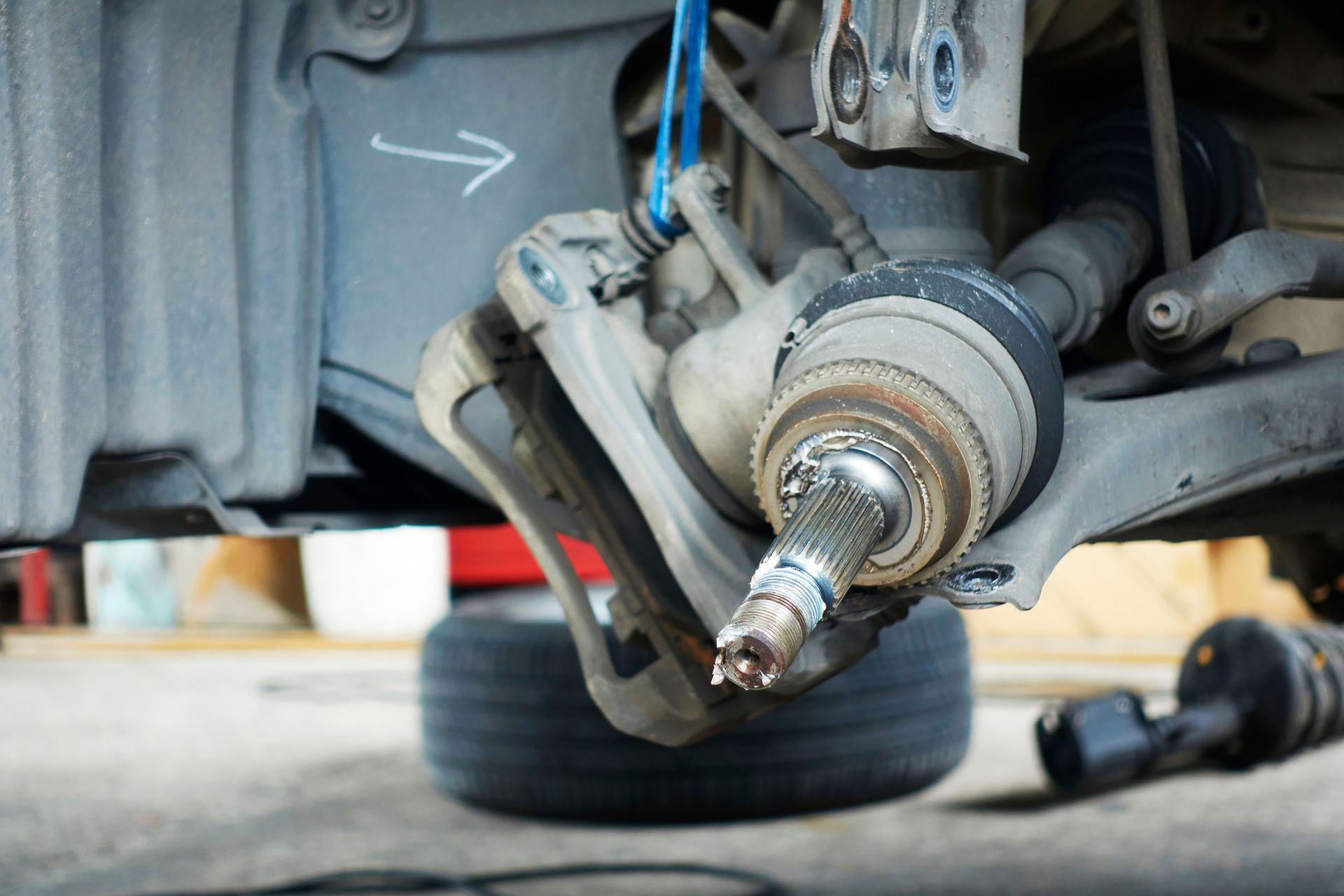In the realm of automotive folklore, few topics stir as much debate as engine oil. The role it plays is among the most vital ones, and everyone is talking about that. But is all the talk about engine oil true? Is it really as crucial as everyone claims?
Lubrication
At its core, engine oil lubricates the countless moving parts inside your engine. It forms a protective film, reducing friction and wear. Without proper lubrication, these parts would grind against each other, leading to rapid deterioration.
Cooling
Engine oil also plays a vital role in cooling. It absorbs heat from the engine's components, carrying it away to the oil pan. This heat dissipation prevents overheating, which can be catastrophic for your engine.
Cleaning
As your engine runs, contaminants like dirt and metal particles can accumulate. Engine oil traps these impurities, preventing them from clogging crucial components. Over time, the oil becomes saturated with these contaminants and needs to be changed.
Sealant
Engine oil keeps the seals in your engine pliable and effective. This prevents oil leaks and ensures that the engine operates efficiently.
The Importance of Regular Oil Changes
Now, let's address the question: Is engine oil that important? Absolutely! And here's why:
1. Prolongs Engine Life
Regular oil changes are like a fountain of youth for your engine. Fresh oil provides optimal lubrication, reducing wear and extending your engine's lifespan.
2. Maintains Performance
Clean oil ensures your engine operates at its best. It promotes smooth running, good fuel efficiency, and maximum power output.
3. Prevents Costly Repairs
Neglecting oil changes can lead to expensive repairs. Over time, old oil loses its lubricating properties, causing increased friction and potential damage to engine components.
4. Enhances Fuel Efficiency
Properly lubricated engines operate more efficiently, translating to better fuel economy. Neglecting oil changes can result in increased fuel consumption.
Debunking the Myths
Myth 1: You Can't Change Oil Too Often
While frequent oil changes won't harm your engine, it's unnecessary and wasteful. Follow your car manufacturer's recommended oil change intervals.
Myth 2: Synthetic Oil is Always Better
Synthetic oil offers superior performance, but it's not always required. Conventional oil can work well for many vehicles. Consult your owner's manual for guidance.
Myth 3:
Dark Oil Means It's Time to Change
While dirty oil is a sign that an oil change is needed, don't rely solely on color. Follow your vehicle's maintenance schedule.
With all this in mind, you might want to check up on your engine oil as well. Barsh Automotive is here to tend to your vehicle's needs - whether it be the aforementioned lubricant or more serious tasks like tune-up, we got you!

